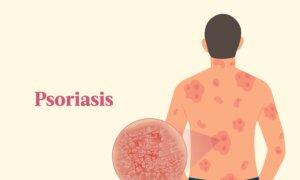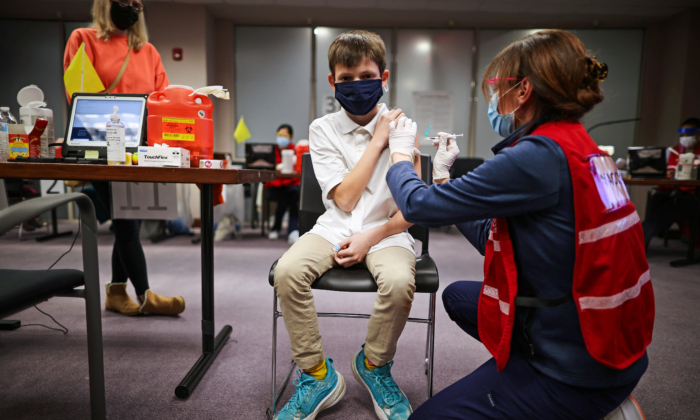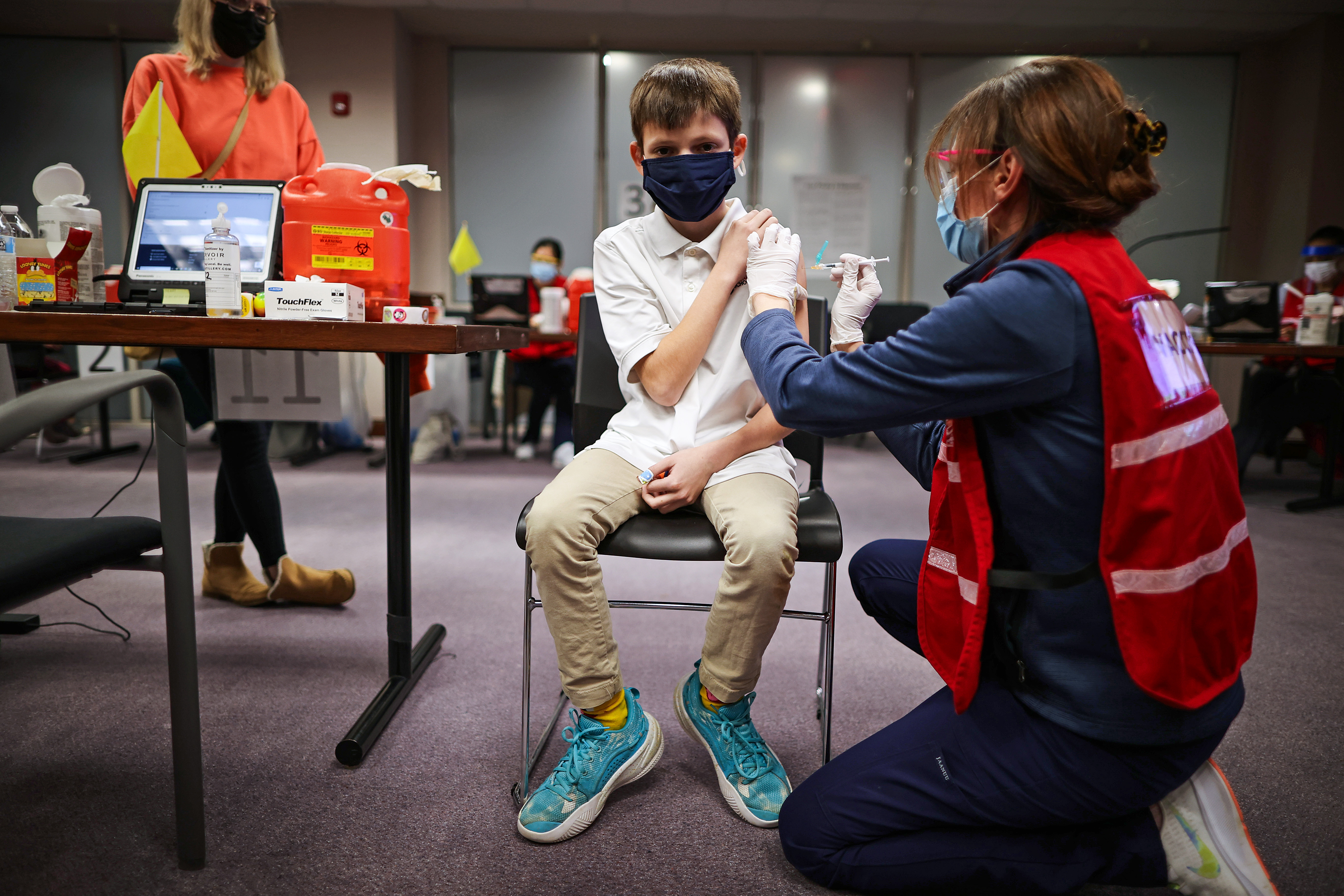Woman Develops Psoriatic Arthritis a Month After 2nd COVID-19 Shot: Study
‘When we program people’s cells to make things they’re not supposed to make, they can go haywire, they can mutate.’
A peer-reviewed study from Portugal revealed an incident of psoriatic arthritis in a woman just a month after taking the second dose of COVID-19 vaccine.
They noted that “to date, reports from the literature support that the exacerbation or appearance of rheumatological diseases following COVID-19 vaccinations seem to have a good prognosis as they are still rare, short-lived, and respond well to steroids and other immunosuppressant agents.”
More studies on the topic are necessary to determine which individuals are at the greatest risk of experiencing a worsening of their rheumatological disease post-COVID-19 vaccination or infection, the authors stated.
“Amid the ongoing worldwide vaccination against SARS-CoV-2, clinicians need to be prepared to discuss the risks and benefits of vaccination, acknowledging that it may exacerbate immune disorders and planning for a close follow-up in terms of disease progression and treatment.”
Disease Progression
In August 2021, the woman came to the clinic operated by the study authors a month after she received the Pfizer vaccine. She complained about experiencing new migratory polyarthralgia during the previous three weeks.
“She was suffering from severe debilitating pain,” said the report.
The woman was given medication and sent home. However, the condition progressed in the following month. Disease measurements indicated “high disease activity.”
The dosage of a medication was increased, which resulted in improvement in the pain and joint inflammation. By the end of the month, the rheumatic disease became more stable. However, the skin condition worsened.
Vaccination and Autoimmune Diseases
Psoriasis is an autoimmune disease. The body sees its own tissues as foreign invaders and attacks them.
Researchers have found Pfizer COVID-19 vaccine vials containing billions of residual DNA fragments. Dr. Cole pointed out that the smaller the fragment, the higher the likelihood that it can insert itself into a person’s DNA.
“Several of us are in some small communication groups, trying to figure out the long-term implications of this. But it does explain a lot of the really strange happenings in the human body that we’re seeing in terms of, you know, clots, auto-immune disease, cancers, etc.,” he said.
“Human cells are meant to make human proteins … Human cells were not meant to make foreign proteins. When we program people’s cells to make things they’re not supposed to make, they can go haywire, they can mutate, they can become a target, have … our own immune system attacking ourselves.”
Poor gut health is linked to a wide range of illnesses, including autoimmune diseases, cancer, dementia, and diabetes.
Dr. Berkowitz noted that many of his patients who had gut issues and overactive nervous systems also tested positive for autoantibodies, which signals potential autoimmune disease.
“Nerve pain, fatigue, muscle and joint issues are probably the most common issues [with these patients],” he said.
This article has been archived for your research. The original version from Epoch Times can be found here.






